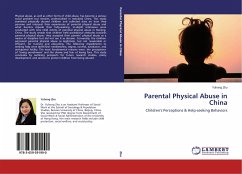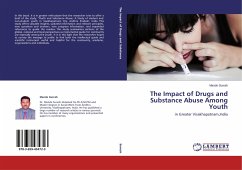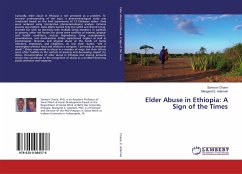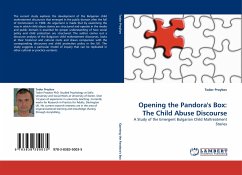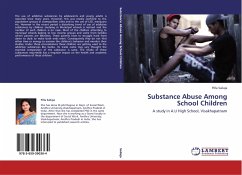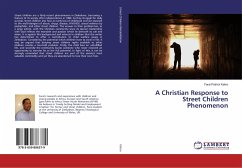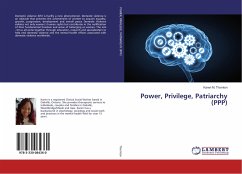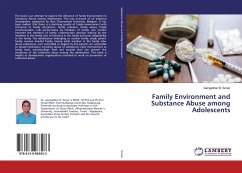Physical abuse, as well as other forms of child abuse, has become a serious social problem but remains understudied in mainland China. This study examined physically abused children and collected data on how they perceive and interpret their experiences of parental physical abuse and what barriers impede their help-seeking. In-depth interviews were conducted with nine child victims of parental physical abuse in Nanjing, China. The study reveals that children held paradoxical attitudes towards parental physical abuse: they accepted their parents physical abuse as a means of discipline but did not see it as abusive. Conversely, the children perceived parental physical abuse as legitimate, but not reasonable or efficient, for training and educating. The following impediments to seeking help were identified: needlessness, stigma, control, avoidance, and anticipated futility. The most fundamental reasons were: the perceptions of loving punishment and the shame and fear of losing face.This study concludes by outlining prospects for future research studies, policy development, and services to protect children from being abused.
Bitte wählen Sie Ihr Anliegen aus.
Rechnungen
Retourenschein anfordern
Bestellstatus
Storno

